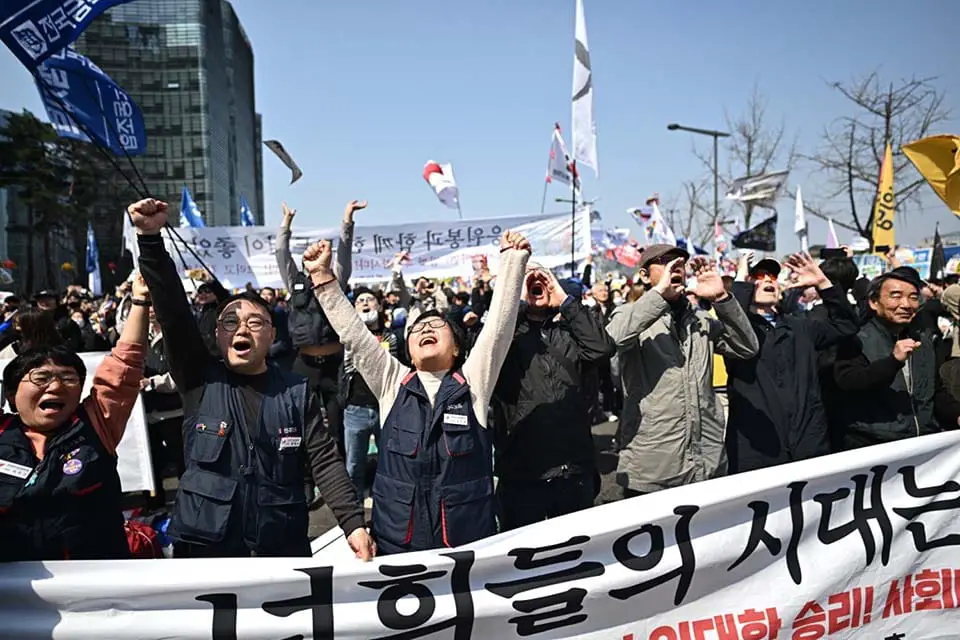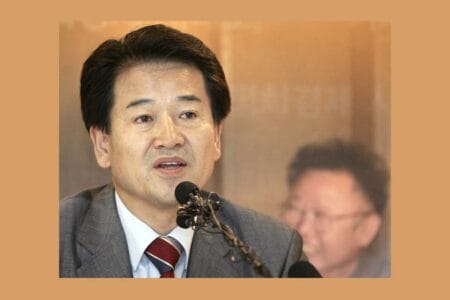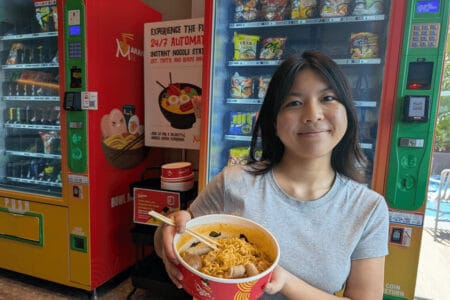July 18, 2025
SEOUL – The World Congress of the International Political Science Association in Seoul, often dubbed the “Olympics of Politics,” could not have been more timely. With over 3,500 scholars from around 80 countries in attendance, the congress revolved around the theme “Resisting Autocratization in Polarized Societies.”
This theme captured the world’s most pressing concern: the global erosion of democracy. South Korea — regarded as a democratic success story — experienced a severe political crisis from late last year as the former president led an insurrection. Yet the country managed to restore democratic order in a peaceful and sophisticated manner, thanks to a resilient democratic system and a politically conscious civil society. Seoul is one of the best places to discuss the future of democracy and liberal values.
The core problem addressed at the conference — political polarization and autocratization — has evolved into a structural threat, manifesting across democracies at unprecedented levels. The challenges we face now stem from deeper, systemic malfunctions. To properly understand and address these, we must reassess the global system itself: the liberal international order established at the end of the Cold War.
Following the collapse of the Soviet Union in 1991, a new world order emerged under US leadership. The Cold War system, defined by the bipolar confrontation between the American-led capitalist bloc and the Soviet-led socialist bloc, gave way to US-led unipolar leadership under the liberal international order.
This new framework promoted free trade, liberal democracy and multilateral institutions. For a time, it seemed to be working. Russia joined the G7 to create the G8; China entered the World Trade Organization and embraced market reforms. Many assumed that this convergence marked the inevitable triumph of liberalism.
But history proved more complicated.
The US invasion of Iraq in 2003, following the trauma of 9/11, exposed the limits of American leadership. Then came the 2008 global financial crisis, which further undermined the legitimacy of neoliberal globalization. By the time the US-China strategic competition erupted in 2018, the liberal order revealed that the US leadership was visibly shaken.
The economic dimension was the first to crack.
The neoliberal model that underpinned globalization prioritized deregulation, privatization and the free movement of capital, goods and labor. This model largely ignored the unique histories, cultures and geopolitical contexts of individual states. For global capitalists — particularly those in the US — this was a golden era of expansion. For ordinary citizens in both developed and developing nations, it meant widening inequality, precarious labor and the erosion of local industries. While gross domestic product grew, so did the gap between the rich and the poor.
In countries like the United States and China — two engines of global economic growth over the past 35 years — the spoils of globalization were concentrated in the hands of a few. Tech giants in Silicon Valley and financial elites on Wall Street reaped immense gains, while working-class families faced stagnation.
The backlash was inevitable. Feeling betrayed and excluded, people turned to populist leaders who promised to “take back control.”
This economic dislocation bled into politics. Globalization diminished the salience of national borders and weakened the traditional state-centered model of governance, as the importance of transnational institutions and corporations rapidly increased.
Political parties, instead of serving the national interest, retreated into factional bases. This gave rise to what can be called “political tribalism” — a form of identity-based partisanship with narrow group loyalties. Donald Trump’s 2016 election victory exemplified this trend. His success rested on dividing the electorate into opposing camps and mobilizing resentment, rather than offering a unifying vision of national progress.
At the social level, the liberal order’s weakening consensus eroded the idea of society as a cooperative space. Instead of solidarity and shared purpose, people were recast as competitors — rivals in a zero-sum struggle for resources, recognition and power. In this climate, norms of political correctness and protections for minority groups were inevitably weakened. The social contract frayed. The 2024 reelection of Trump despite his overtly racist and divisive rhetoric underscored the depth of the rupture.
Altogether, these developments suggest that the chaos of our time is not coincidental. It is the product of structural contradictions within the liberal international order. The question now is not whether the liberal order is in trouble — it clearly is — but whether it can be saved and reformed.
Rather than abolishing the liberal order, it would be better for us to revise it.
Unlike artificial, imposed systems, the liberal order developed organically from the moral and institutional aspirations of modern humanity: freedom, rule of law, market economy, capitalism and international cooperation. Its foundational values remain sound, if not instinctive. What needs correction are the mechanisms and assumptions that allowed inequality, tribalism and institutional decay to fester.
Economically, a renewed liberal order must recognize that unregulated free trade can exacerbate national vulnerabilities.
Trade must be fair as well as free. This may require reintroducing safeguards for domestic industries, enforcing global standards on labor and taxation and curbing the monopolistic power of transnational tech giants.
Politically, the state must be reempowered to restore accountability, protect citizens and manage globalization more equitably. National institutions, far from being relics, are crucial to sustaining democracy. Moreover, political correctness and minority protections should not be framed as elitist impositions, but as democratic imperatives. Diversity is not only a moral principle — it is a source of creativity, innovation and long-term national strength.
Reforms should be approached through collective, multilateral action.
Global problems — from climate change to digital governance — cannot be solved by unilateralism or nationalism. We need a coordinated and integrated project to revise the liberal order. Scholars, policymakers and civil society leaders around the world must collaborate on shared reform agendas, institutional redesign and the provision of global public goods.
Let the Seoul congress be remembered not only as a venue for diagnosing the world’s democratic ailments, but also as the birthplace of “Liberal International Order 2.0” — a reformed, resilient and morally grounded framework for the 21st century.
Wang Son-taek is an adjunct professor at Sogang University. He is a former diplomatic correspondent at YTN and a former research associate at Yeosijae. The views expressed here are the writer’s own. — Ed.







